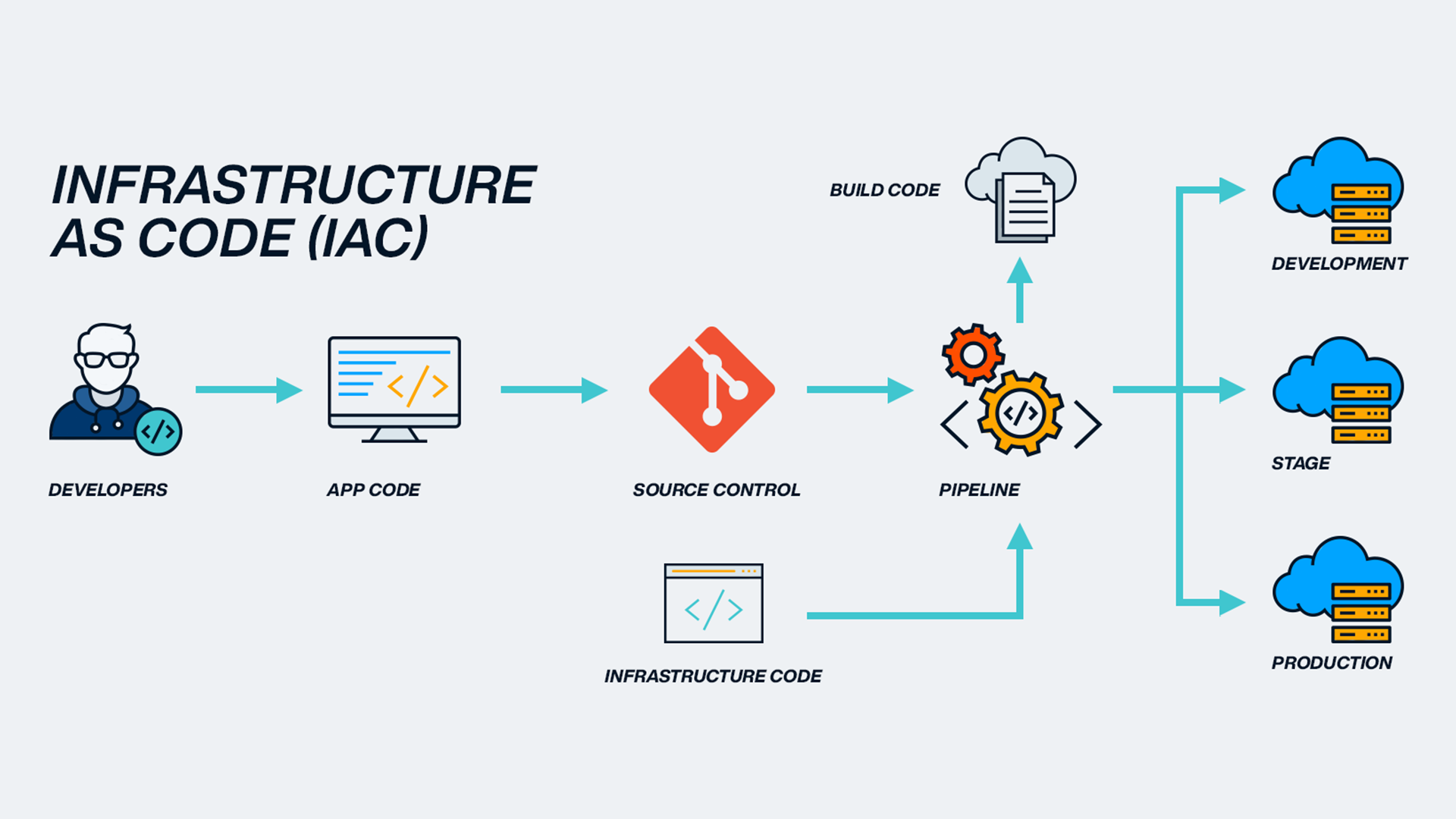The License Change That Broke Everything
HashiCorp pulled their license switcheroo in August 2023, and it fucked over everyone who built their infrastructure on Terraform. HashiCorp's "protecting open source" bullshit was just cover for a money grab. The community lost its shit across Hacker News, Reddit, and industry blogs.
Real impact on actual teams:
My last company went from $200/month to some insane number over 2 grand - I think it was like $2,400 but honestly I blocked out the trauma. Same infrastructure, same team, suddenly 12x more expensive because they started counting every goddamn resource individually. Their official pricing model doesn't explain how you get screwed - pricing analysis and migration guides fill in the gaps.
Another team I know hit thousands of AWS resources and got quoted forty-something thousand a year. For infrastructure management that used to be completely free. Management was not pleased.
The Resource Counting Scam
HashiCorp's official RUM billing model counts everything as a "resource" including shit you never asked for:
- Deploy an EKS cluster? That's 40-50 resources for VPC, security groups, IAM roles, subnets
- Create a VPC? That's 15+ resources for subnets, route tables, gateways, NACLs
- Use modules? Every internal resource counts separately toward your hourly bill
- Each resource costs $0.00014/hour, billed at peak hourly usage
Spent forever on a call with their sales team trying to understand why our "hundred resources" were being billed as like 800 or 900 something. Turns out every VPC NAT gateway creates 4 internal resources you never see but still get charged for. Turns out terraform's dependency graph creates intermediate resources that count toward your bill. People on the internet have figured out how HashiCorp's resource counting scam works and written better guides than their official docs. Fucking brilliant.
Production Failures During Incidents
The worst part? Concurrent run limits during outages.
We had a production incident - our load balancer decided to take a nap during peak traffic, customers couldn't checkout, needed to push a fix ASAP but Terraform Cloud decided to queue our deployment for 20 fucking minutes because we hit our concurrent run limit. We're paying like $800/month and can't deploy during an incident because of artificial throttling.
Twenty minutes of downtime while customers couldn't buy anything. That's when I started researching alternatives for real.
What You Actually Need (And Can't Get Cheaply)
When you're managing production infrastructure, you need:
- State management that doesn't disappear
- Approval workflows so junior devs don't destroy prod
- Audit logs for compliance (and covering your ass)
- Multiple environments without paying per environment
- Deployments that work during incidents
- Integration with your existing CI/CD that actually works
The problem: HashiCorp locks basic functionality behind premium tiers. Want audit logs? That'll be extra. Need more than 5 concurrent runs? Pay up. RBAC? Premium tier.

The "Free" Alternatives Aren't Free
OpenTofu looks free until you factor in engineering time. Spent like 40 hours last month just maintaining our self-hosted setup. That's four grand in engineering costs for "free" software.
Atlantis works great until the webhook randomly stops working at 3am and you're debugging GitHub integration while production is burning.
The reality: every "free" alternative costs engineering time. The question is whether that's cheaper than HashiCorp's shakedown pricing.
So what are your actual options? Here's what works, what doesn't, and what each alternative will really cost you in both money and sanity.



